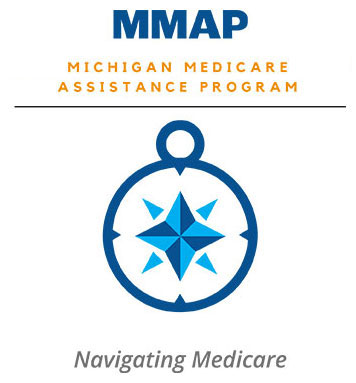Tuesday, July 12, 2016
WASHINGTON, D.C. – U.S. Senator Debbie Stabenow (D-MI) today announced that the Centers for Medicare & Medicaid has proposed covering new care planning sessions under Medicare for Alzheimer’s patients and their families to provide an early assessment of the disease and possible treatment options. This proposal would effectively implement legislation introduced by Senator Stabenow, the Health Outcomes, Planning and Education (HOPE) for Alzheimer’s Act, which requires Medicare to pay for a care planning session. The HOPE Act is coauthored by Senator Susan Collins (R-ME), Senator Ed Markey (D-MA), and Senator Shelley Moore Capito (R-WV) and cosponsored by 53 other Senators.
“This announcement is hugely important to those living with Alzheimer’s disease and the loved ones who help care for them every day,” said Senator Stabenow. “My HOPE for Alzheimer’s Act called for care planning sessions for Alzheimer’s patients and their families and I’m pleased that CMS is now proposing to cover these vital services under Medicare. While there’s more work to be done in the fight against Alzheimer’s disease, this is a strong sign that additional support and services are on the way.”
“On behalf of the more than 5 million Americans living with Alzheimer’s disease and their estimated 15 million caregivers we are encouraged by the decision by CMS to expand access to care and support services,” said Robert Egge, Alzheimer’s Association Chief Public Policy Officer. “Today’s step forward to improving care and support services for the millions of Americans impacted by this devastating and fatal disease would not have been possible without the leadership of Senator Stabenow and her support for the HOPE for Alzheimer’s Act.”
Senator Stabenow’s HOPE for Alzheimer’s Act creates a new care-management planning session for newly diagnosed Alzheimer’s patients under Medicare. This new benefit would encourage doctors to give a clear diagnosis to patients with Alzheimer’s disease, including information about treatment options and what medical and community services are available.
